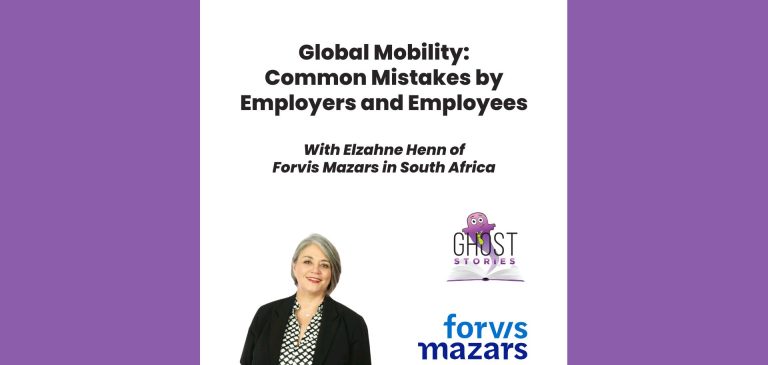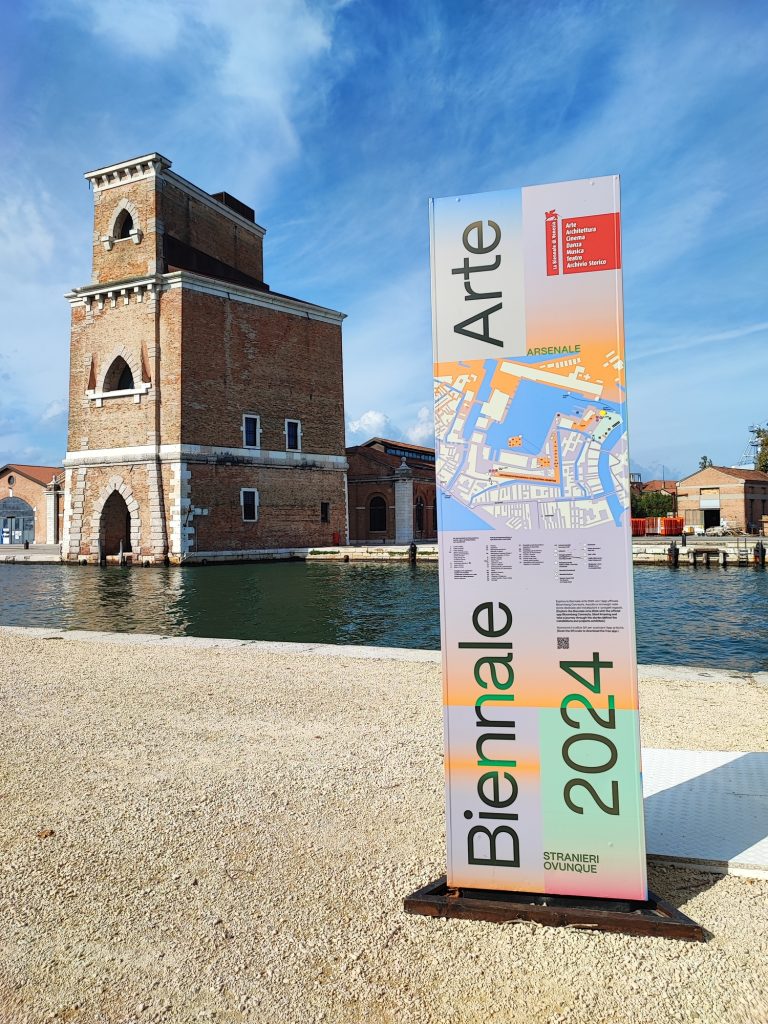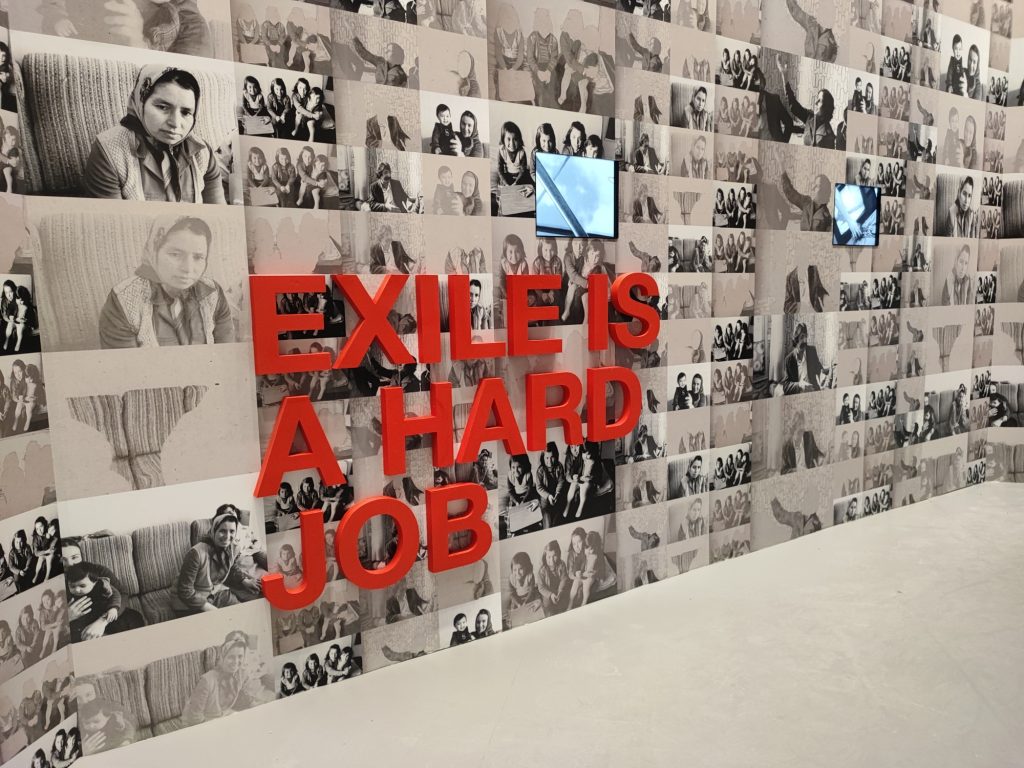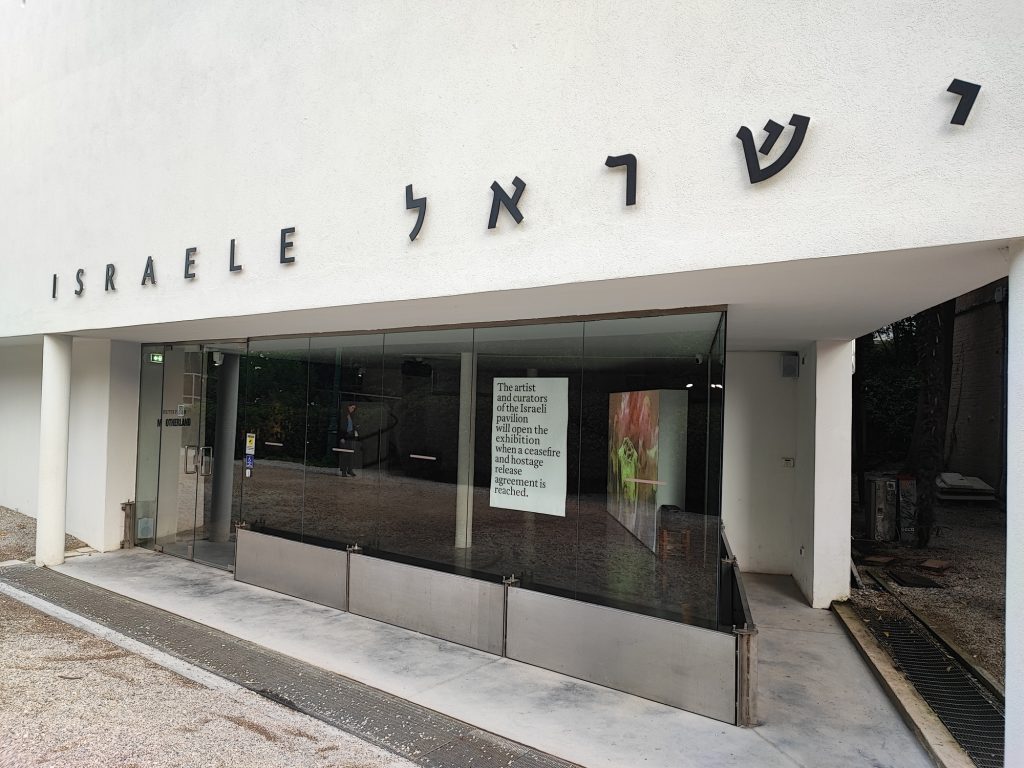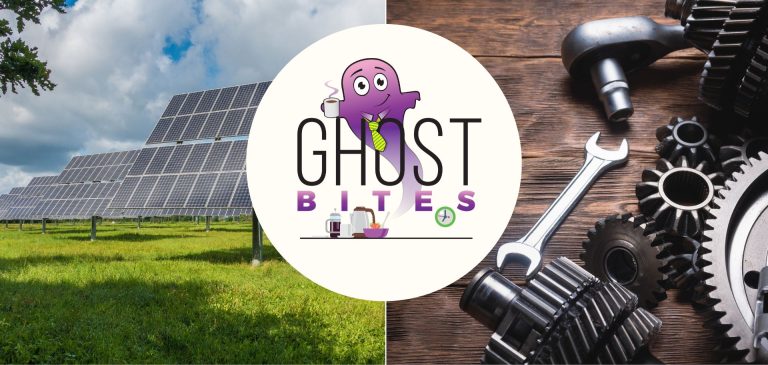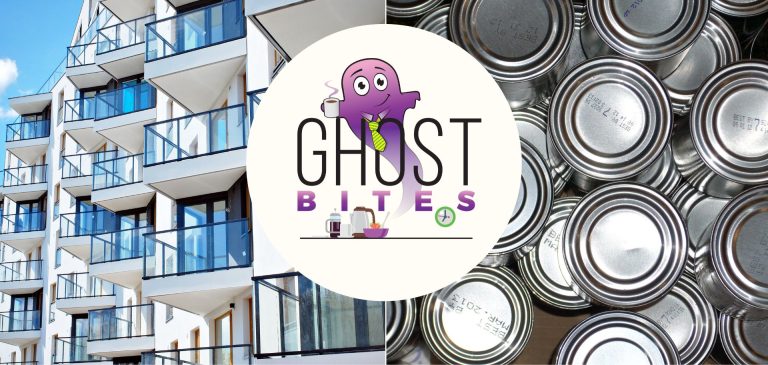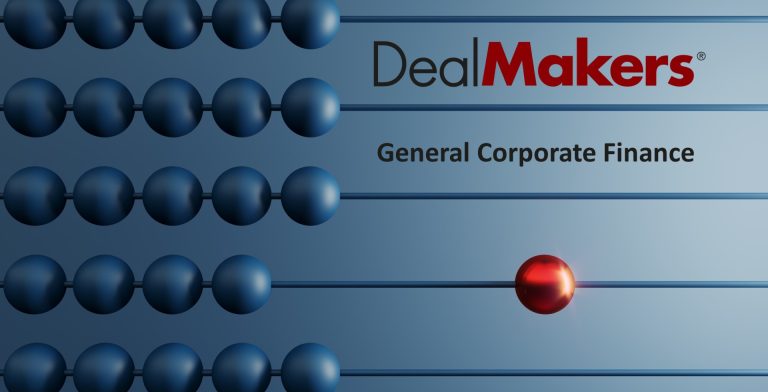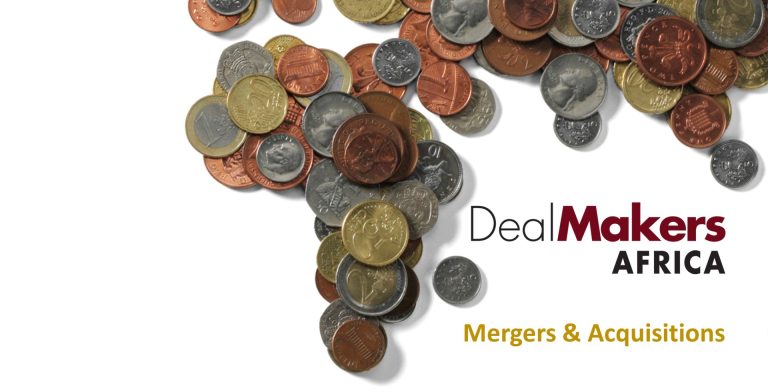In this Ghost Stories podcast and accompanying transcript, Elzahne Henn of Forvis Mazars in South Africa sheds light on the common mistakes and misconceptions related to cross-border employment, such as South Africans working abroad, or working in South Africa but for a foreign company. These insights are valuable for employers and employees alike.
LISTEN TO THE PODCAST:
TRANSCRIPT:
The Finance Ghost: Welcome to this episode of the Ghost Stories podcast. It’s one that I’m really, really looking forward to because I think we’re going to learn a lot.
If you’ve clicked on this podcast, it’s because the title jumped out at you and you are either an employer or an employee who wants to make sure that your tax is compliant and that you don’t fall into any of the traps. They become quite complicated when we’re talking about cross-border stuff and thankfully we have Elzahne Henn here. She is responsible for private client and global mobility services at Forvis Mazars in South Africa.
Elzahne, thank you so much for your time today. I think it’s a technical topic, but it’s such an important one. This is exactly the kind of stuff where people can really get themselves into trouble and incur penalties, or worse. It’s one of those things that people just have to pay attention to, isn’t it?
Elzahne Henn: Absolutely. It’s become so such a popular topic just globally with remote workers and very importantly, the government and regulatory authorities definitely have their eye on these people. So, it’s very important to consider the compliance obligations.
The Finance Ghost: Yeah, I mean, this is really a hangover of COVID, right? People get all these remote working and digital nomad type jobs, they are techies or whatever it is that they do, and they feel like they can go and either live somewhere else in the world or work for a foreign employer while sitting here in South Africa. That’s very common. I have friends who are doing that. I think we have a broad skills base here in South Africa. The time zone is quite friendly for a lot of regions and that leads to work being outsourced here.
So maybe let’s start there, which is South African people, that is employees working in South Africa, but for a foreign employer. This is quite a common thing, I think. And there are considerations for both the employee and the employer, actually. Let’s maybe start with what the employer needs to think about. Is it as easy as just finding someone in South Africa and paying them a salary? How does that actually need to work in practice? What are some of the steps and where does it go wrong?
Elzahne Henn: for this type of scenario, the main concern for me would be from an employer perspective and what the employer’s obligations would be in the context of South Africa. Obviously, the employee sits in South Africa and we assume here that the employee is therefore tax resident in South Africa or is a South African citizen. For me, it’s about the employer’s obligations, that would be the first red flag. And secondly, also the method of payment where the employee is paid, because that’s where the risk for the employee lies.
So, maybe we can just start with the employee. We often experience that when a South African is paid by a foreign employer, the employee is under the impression that they can be paid into a foreign bank account, which there’s nothing wrong with, that the employer can pay into a foreign bank account. But if the services are rendered in South Africa or the employment is exercised in South Africa, one must remember that as a South African citizen sitting in South Africa, working for a foreign employer, you’re actually not allowed to keep those earnings in foreign currency. There is the general misconception I find with employees, is that they’re under the impression that they can keep these funds abroad, reinvested in foreign assets. But under the exchange control regulations, the employee that renders services in South Africa is actually required to remit those funds to South Africa or convert them to South African rands. They are not allowed to retain it in foreign currency.
Our experience recently is that due to all the amnesties and the voluntary disclosure, the Reserve Bank actually takes a very hard stance on this. It’s not just a slap on the wrist if they are discovered. Employees must be very careful when they are being paid into a foreign bank account. Just bear in mind not only the tax implications and the tax obligations in South Africa, but also the exchange control regulations.
The Finance Ghost: Elzahne, just to be clear on that, it’s not just that they have to declare that for tax? They can’t just do a return and say, hey, I earned this money from this employer. It actually needs to come back to South Africa. So even if they pay the tax on it and it’s sitting in London, that doesn’t work, they need to bring it back to rands?
Elzahne Henn: Correct. So, unfortunately, in South Africa, we’ve got the tax and the exchange control regulations to comply with. So, yeah, I think the risk is really, you know, a lot of people are happy that they really understand the tax obligations in South Africa, but they completely miss the point in respect of exchange control and their risk in relation to exchange control regulations.
The Finance Ghost: You know, it’s the old joke of “I’m really glad they taught me this in high school. You know, it really helped me so much in this trigonometry filing season.” – as opposed to the stuff that actually gets people into serious trouble. Anyway, sadly, none of this happens in high school, but it’s going to happen on this podcast, which is great. I think you’ve dealt with a very strong misconception to start with. I didn’t know that. I’ve never worked for a foreign employer, so luckily that’s fine. But that is not common knowledge, I don’t think.
And what is the requirement for these foreign employers? I mean, you can imagine as an employer sitting in the US or Europe, let’s say you’ve got employees all around the world and one of them happens to be in South Africa, is it as easy as just paying to a South African bank account? Because if you create lots of admin for that company to hire one South African, you can very quickly see that they just won’t do it, right? It must be quite a difficult situation.
Elzahne Henn: Yes, we’ve definitely come across situations where at the negotiation phase, the employer is made aware of that administrative burden and then there’s a backseat taken once they realise their reporting obligations.
There’s been a significant change, actually, in December 2023 that impacts foreign employers. In the past or before December 2023, foreign employers did have an obligation to register as employers for Skills Development Levy and Unemployment Insurance Fund contribution purposes, but they only had an obligation to withhold PAYE or employees’ tax if they had a representative agent in South Africa. What it meant was that unless there was an agent in South Africa that had the authority to pay the remuneration, a foreign employer actually had no obligation with regard to the withholding of PAYE.
There was a change that was then that came into effect in December 2023. Foreign employers now do have an obligation to withhold PAYE and register as employers for employees’ tax purposes if they do have a representative agent, but also if they have a permanent establishment in South Africa. Now, I don’t want to go into the technical detail on that, but basically they will have an obligation to withhold PAYE if the activities of the employee creates a tax presence or business presence for them in South Africa.
Then they will still have an obligation to withhold PAYE but, even if that was not the case, and then we say: “But there’s no permanent establishment created or there’s no agent in South Africa so there’s no PAYE obligation”, employers are still required to register for Skills Development and Unemployment Insurance Fund contributions. There’s a bit of an anomaly there in our legislation at present.
And, you know, it could be small amounts, but the administrative burden is huge because to register for these type of taxes, it requires the employee to register as an external company with CIPC, it requires them to open a bank account in South Africa to have a public officer, in other words, a representative taxpayer that’s resident in South Africa. So a huge administrative burden for foreign employer where they only have one or two employees in South Africa.
The Finance Ghost: I can just imagine trying to explain this in an interview stage, like: “Yes, you can have me, but here’s what you’re going to have to go through in order to do it.” I’m guessing, Elzahne this is obviously where you guys come in, in terms of helping people be compliant, the levels of non-compliance must be breathtaking? I would think, in this space. People either just don’t know this stuff or they know it and then they just decide, well, that sounds like hard work, actually, I’m not going to take this seriously.
Elzahne Henn: Correct. Where there’s a permanent establishment created or there’s a representative taxpayer and there’s an obligation to pay PAYE, absolutely, I think foreign employees understand this globally and they understand their obligation. But where we advise the employer that there’s actually no obligation to withhold PAYE, but still this obligation to register for Skills Development Levy and Unemployment Insurance Fund contributions, which might be nominal if it’s only one employee, the costs to administer sometimes outweigh the penalties that they could face. But of course, it’s not just about the quantum of the penalties, it’s also the reputational risk for a foreign employer that doesn’t meet their obligations.
There probably is a lot of non-compliance, if it’s an economic decision taken based on the quantum of the penalties. But I think one has to seriously consider the reputational risk if you don’t comply and then how to account for the non-compliance.
The Finance Ghost: And this creates an entire industry of employers of reference, I think is the correct term? Literally companies that act as these agents. Is that a good solution? I mean, is that something that gets the job done? I guess it’s expensive for the employer, but the alternative is all the admin.
Elzahne Henn: Correct. I mean, there is obviously the added cost because now you’ve got a surface charge or a margin placed on the employment costs because now there’s a third party involved. Something to consider as well is the implications of our employment law or labour law. Who is the legal employee? Who is the economic employee? It could be a minefield where there is a third party that’s engaged, basically providing the employee to the foreign employer. Adding this additional party creates a minefield for tax, and of course, the employment law issues that could arise.
The Finance Ghost: Yeah, it’s pretty fascinating stuff, I think. Let’s move on to another category of people, which would be foreign persons working in South Africa for a foreign employer.
This is where someone is brought in, maybe by a company from overseas to work here for that foreign employer. Now we’re dealing with all kinds of cross border stuff. This is starting to sound like the United Nations! What are some of the major missteps there or difficulties that you’ve come across?
Elzahne Henn: I think the common misconception that we often find is where the foreign national is coming from a country where we’ve got a double tax agreement with the foreign country or the home country. So here we generally refer to South Africa in this context as the host country, and then the country of residence where the employee is coming from is the home country. Now, if there’s a double tax agreement, we so often find that the employee says, oh, but why do I have to pay tax in South Africa, we’ve got a double tax agreement with the home country? But one must always remember that although we’ve got a residence basis of taxation in South Africa, we’re actually running a dual system, or we apply a dual tax regime.
It’s residence based for South African tax residents, but in the context of non-residents, it’s a source-based system, right? If the employee comes to South Africa to exercise employment in South Africa or provide services from South Africa, we apply a source-based system of taxation, which means that if you earn remuneration or employment income for services that you render from South Africa, you’re liable for tax in South Africa. Yes, there could be relief available in terms of a double tax agreement, but at the end of the day, that relief is not automatic. You still have to file your tax return and claim that relief in terms of the double tax agreement in your tax return.
Also, the employer still has an obligation to register. As I mentioned, in the context of employing South African nationals, the employer still might have an obligation to register as an employer and withhold employee taxes, Skills Development Levy and Unemployment Insurance Fund contributions.
The Finance Ghost: So I think the point here is: it’s complicated, like a bad relationship status! Complicated things need a bit of help, which is thankfully Elzahne why people like you are around, because I can imagine how much you help your clients with just all of these complications. I mean, there’s so much to think about. There’s all the different labour law stuff, there’s exchange control, there’s SARS, there’s double tax agreements. It really is a minefield. I don’t think this is something that people can easily just go and figure out on their own. It doesn’t sound like it. This is not your basic little tax return where you go and check that the PAYE is right and you maybe let SARS know if you earn some interest. That’s not how this works. This is very complicated stuff, isn’t it?
Elzahne Henn: No, definitely. And, you know, you talk about foreign nationals coming to South Africa, one scenario. And South Africans being employed by a foreign employer, another scenario. I can promise you every single case is different because you’re looking at a different country, different periods that they spend in South Africa, different employment arrangements, different benefits that’s provided. So definitely a minefield and a number of issues to consider.
The Finance Ghost: Let’s do the other typical thing that we see here, which is people who, despite the Springboks, have decided to go and work somewhere else in the world, and they go and work for what would typically be a foreign employer, but they are South Africans, they are still South African tax residents, so they haven’t fully emigrated. I would imagine that must also get pretty complicated, because now they’re not even working in South Africa, they’re spending money elsewhere. And we all know how far your “randelas” get you overseas – the answer is not very far!
Do they end up paying tax there and here? Does it depend on the double tax agreement? Again, this must be a complicated situation, right?
Elzahne Henn: Yes. I think the crucial aspect with outbound employees is always their residency status. Interestingly, you mentioned that they remain SA residents. Well, not often. If they go to a country where we’ve got a double tax agreement, one must always bear in mind that they could cease to be tax resident under a double tax agreement. Although it’s the intention to return to South Africa one day and they still regard South Africa as their home, we often find that people moving to a country with whom we’ve got a double tax agreement actually cease to be tax resident under a double tax agreement, and then their basis of taxation would change.
It’s fairly simple if they do remain tax resident in South Africa, because all we have to do then is manage the foreign employment exemption. Employees that work overseas or outside South Africa could qualify for the foreign employment exemption, which is a maximum of R1.25 million per annum. But they have to spend the required number of days outside South Africa.
So that’s a fairly simple exemption. I say that very carefully because it’s not that simple. But basically, if they manage their days outside South Africa, they could qualify and the employer can apply that exemption as well when determining the tax to be withheld. The issue becomes more complicated if they do cease to be tax resident.
I often find that, especially if it’s a South African employer – I mean, we did mention foreign employees, but obviously South African employers also send employees outside the borders of South Africa to work – these South African employers often just default to the conservative position of continuing to deduct employees tax. And then it’s a struggle to actually get those refunds once we file the tax returns for those employees, if the tax shouldn’t be withheld.
So one important aspect is to go through the process, and not at the end of an assignment or only once you file the tax return, but actually to consult with the employer as well as to where the tax should be withheld and reassess the employees [SL1] tax, residency status and the basis of taxation to ensure that, you know, on the one hand we want them to comply and pay the tax, but we don’t want them to pay tax that’s not due in South Africa and then try and fix it after the fact and get refunds, etc.
The Finance Ghost: Yeah, absolutely. That’s fascinating. And the residency stuff is important. You don’t want to end up with a CGT exit charge that you weren’t expecting because now you’re no longer resident in South Africa and that pretty house of yours that you hope to return to one day has now been deemed to be sold. And all your other assets and all the other craziness, right?
Elzahne Henn: Agree. Because the penalties by not paying the exit tax timeously, the underestimation penalties etc. – they can be substantial if there’s a substantial exit tax charge.
The Finance Ghost: Yeah, I think the point here is that, yes, you can kind of take the approach of hoping nothing goes wrong or whatever, but the reality is if it does, and it probably will, it’s going to be expensive and it’s going to be a real pain and it’s going to be time consuming. And I think, Elzahne, what’s interesting with what you do is you’re actually helping people avoid a lot of pain. And inevitably using professional advice here actually saves you money down the line because you are then hopefully avoiding penalties and everything else and all the costs of compliance that’s gone wrong.
I think that’s a really good reason for your clients to reach out to you. And my understanding is that you work with both private individuals and the employers. So both employers and employees who find themselves in this complicated situation, either side of that coin can reach out to you for assistance, you know, and that’s what you do in that team?
Elzahne Henn: Absolutely. We look after and advise the employee specifically, but also then the employer on its obligations with regard to payroll taxes. But very importantly, and as you mentioned, you know, this is an ongoing process as well. There’s obviously a planning phase to do this, to reach out to an advisor while in the planning phase, while busy with negotiations with regard to your move either abroad or to South Africa. Very important. But also that relationship, employer-employee relationship must also be reviewed on an ongoing basis because, you know, the legislation changed, the relationship might change, your tax residency status might change during the course of the assignment or during the course of the contract. It’s not just that initial consultation, it’s that ongoing engagement with your advisor to make them aware that, that things have changed during the assignment or the contract.
The Finance Ghost: Fantastic. Elzahne, thank you so much. And what is the best way for people to reach out to you if they need assistance?
Elzahne Henn: Obviously you can contact me by email or by phone. We’ve got a full team, a presence in Gqeberha, Johannesburg and Bloemfontein. They’re welcome to contact me directly. I’m in based in Cape Town, but obviously we service clients right through South Africa and then internationally as well.
The Finance Ghost: Great. I’ll make sure I include your LinkedIn and website details at Forvis Mazars in the show notes. Elzahne, thank you very much for your time. And to the listeners, I think it’s quite clear that there are a lot of complexities here. This is not something where you can just hope that it’s all going to be okay. Hope is not a strategy. Rather get it right and speak to Elzahne.
Elzahne Henn: Thank you for the opportunity.





